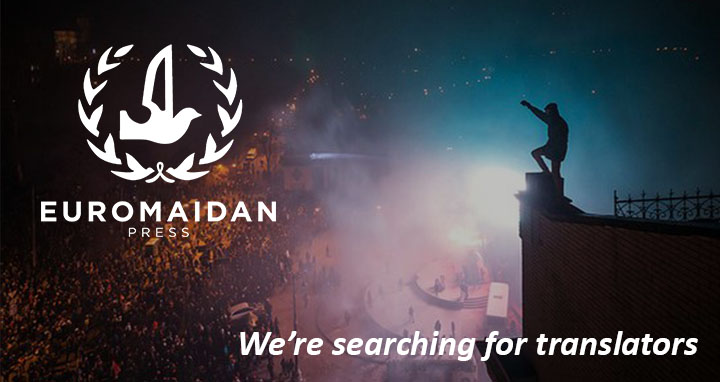Experts who comment on the results of the recent sociological survey conducted by Levada-Center emphasize the growth of critical attitudes among Russians regarding the war in Ukraine. However, this is most likely the analysts trying to placate themselves, by trying to find positive tendencies within the attitudes of the Russian public. Really, the number of the respondents who think that Russia is responsible for the bloodshed and death of people in Ukraine has increased somewhat, in comparison with August – from 17 to 20 percent. However, this growth is well within the margin of error.
Therefore, we can assume that if Russia were not an authoritarian state, the country would have a relatively influential anti-chauvinist opposition, which would have the votes of about 20 percent of the electorate – taking into account that no less than 80 percent, with all the differences in political views, would be the basis for the chauvinistic, war- and repression-ready government.
The meeting on November 4, in which the leaders of the pseudo-opposition from the Communist Party of Russia, the LDNR and Spravedlivaya Rossiya held hands with a representative from Yedinaya Rossiya, obviously demonstrated this union among the revanchists. The results of the sociological survey confirm: we cannot talk about any ‘enlightenment’ in Russian society of any kind. The vast majority (70%), as before, negatively respond to the question of Russia’s responsibility for the war in Ukraine.
Only half of the respondents, with the difficult state of the economy and rapid decline of the national currency, think that the Russian government had better take on the internal problems of the country. 36% consider Russia’s geopolitical interests more important. The number of Russians who think that they should deal with Russia first has even decreased by 5 percent in comparison with the summer. However, this can also be considered a variation. The essence is that about 40 percent of the citizens don’t care at all about their own country, they are ready to live on its ruins, so that those who the citizens of this regressing country envy so much are ‘afraid’ of it.
It is customary to think that Putin and television are to blame for all the ills of Russian society. However, as we see, 20 percent of the citizens were not influenced neither by television, nor by Putin. And 80 percent were successfully escaped the influence of the truth, when they were informed in the 90’s, they openly awaited the return of the Soviet Union and considered Stalin’s rule to be the peak of Soviet power. Putin simply calculated these public opinions and, having seen potential opposition after Bolotnaya square, decided to ground himself in the chauvinistic majority.
This is why we should not expect Russians to ‘sober up’ – they are as sober as ever. The government is simply telling them what they wanted to hear all these decades. Another matter is that an according political class may appear in Russia, who is able to not feed the lumpens’ views but change the country and tell the truth about historical errors and crimes and economic degradation. However, for this the Russian society has to hit rock bottom of the crisis and understand the real weight of responsibility for chauvinism and fratricide. Without this understanding, the Russians will remain a public united by aggression and hatred.






